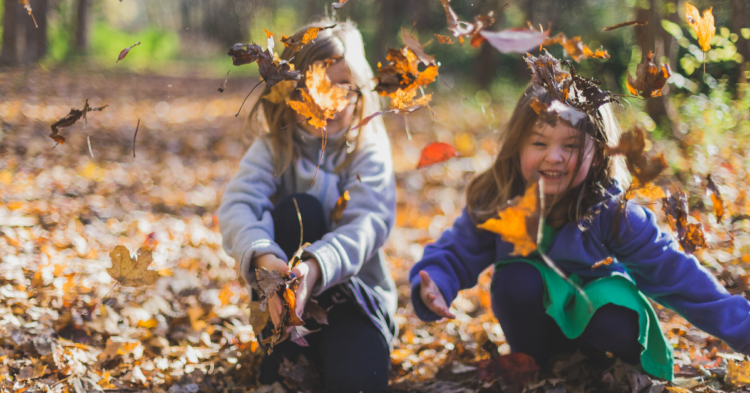A new study has shown that children who feel a connection to nature are actually happier, CNN reported.
The paper , which was published in the journal Frontiers in Psychology , saw researchers examine a group of children to determine the impact of their relationship with nature to their behaviors and overall happiness.
As per the study, 296 children in a northwestern Mexican city, aged between 9-12, were given a questionnaire.

The kids were asked to rate how much they enjoyed outdoor activities, such as seeing wild flowers and wild animals, as well as hearing nature and touching plants.
Researchers also measured the children’s sustainable behaviors — altruism, equity, frugality, and pro-ecological behavior — by asking such questions as whether they would give away money and used clothing, as well as their views on equality, etc.
What they found was that children who showed a stronger connection to nature also exhibited positive associations for sustainability practices and behaviors.
These children who expressed a concern for the environment and who were shown to be eco-friendly, altruistic, and fair, were also found to be more likely to say they were happy.
The study’s researchers suggested these happier children will exhibit protective behaviors towards the planet during a time of environmental crises.
“They are future consumers of products, entrepreneurs, decision-makers, workers, and depending on the environmental education received, their connection with nature, environmental awareness and environmental values are the future of the environment, too,” Dr. Laura Barrera-Hernández, author of the study and professor at the Instituto Tecnológico de Sonora in Mexico, told CNN .
Miyuki Maruping, a gardening teacher at the Waldorf School of Atlanta, said children should be encouraged to form these strong connections with nature.
“Children need role models … who can gently guide them to nature with excitement, optimism and an attitude of a lifelong learner,” Maruping explained.
“We don’t have to be experts in environmental science or nature studies. What’s more important is that we spend time together with children by exploring curiosity in a fun and safe environment.”
h/t: CNN , Frontiers in Psychology
















































